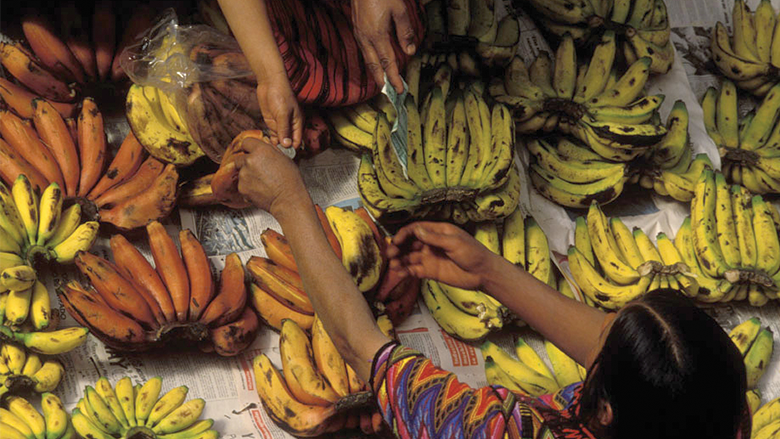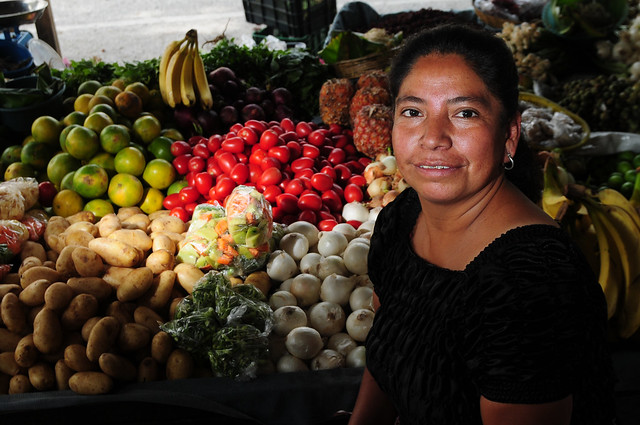Guatemala is the largest economy among the Central American countries in terms of population size and economic activity, with a gross domestic product of US$108.9 million for 2024.
Over the past 10 years, the country has grown at an average rate of 3.5%, driven by prudent fiscal and monetary management, as well as an open economy. In 2024, the country showed positive development, achieving a growth rate of 3.7%. For 2025, it is estimated that the country will grow by 3.5%, driven by the growth of credit and remittances, although limited by a decrease in exports.
Despite the solid growth recorded in recent years and the sustained efforts by the country, Guatemala still faces significant challenges in reducing poverty and inequality, which continue to affect a significant portion of the population. In 2024, 57.3% of Guatemalans live in poverty, with an average income of $6.85 per day. Projections show a trend of gradual improvement: poverty is estimated to decrease to 57.2% in 2025 and to 56.6% in 2026, reflecting steady progress. One of the persistent challenges is the high level of labor informality, which limits opportunities for sustainable income generation; in 2023, about 80% of the employed population worked in the informal sector.
Additionally, job quality is low, and female labor force participation is one of the lowest in the region, around 33%. The country is characterized by high levels of social exclusion, as well as large geographical disparities. Furthermore, frequent natural disasters and threats contribute to high levels of vulnerability among the population, particularly the most disadvantaged. These factors also contribute to emigration, which in turn results in considerable remittance flows. In this regard, in 2024, remittances to Guatemala grew by 8.6%, reaching nearly 20% of GDP.
Guatemala, however, has enormous potential to generate wealth for its population. The country is rich in natural resources, is one of the megadiverse countries, and possesses vast cultural wealth. Nonetheless, its main challenge is to leverage its solid macroeconomic performance to achieve higher and more inclusive growth.
President Bernardo Arévalo took office in January 2024, running on an agenda focused on social and economic investment, and a firm stance against corruption. After one year in office, he has been expanding public investment and social spending, while pushing for structural reforms, such as the approval of the first antitrust law and improvements in infrastructure frameworks. While the government's policy is consistent with higher growth and poverty reduction, efficiency needs to be improved to achieve these goals.
Last Updated: Apr 17, 2025

